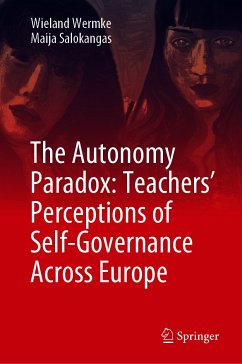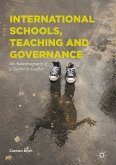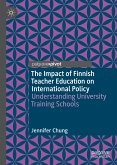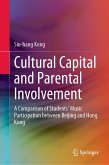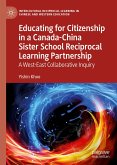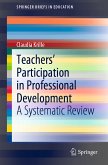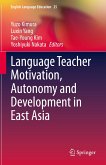To answer these complex questions the authors asked thousands of teachers in four national contexts: in Finland, Ireland, Germany and Sweden, what they think autonomy looks like. The resulting book examines teacher autonomy theoretically and empirically, comparing teachers' perceptions of their professional autonomy. Utilizing a mixed method approach the authors combine data from a large-scale questionnaire study, teacher interviews, lesson and meeting observations, and workshops that brought together teachers from the four participating countries. All this engagement with teachers revealed that simply increasing their professional autonomy might not lead to desired outcomes. This is because, from a teachers' point of view, increased decision-making capacity brings further complexity and risk to their work, and it may instead lead to anxiety, self-restriction, and the eventual rejection of autonomy. These surprising conclusions challenge the increasingly orthodox view that increased autonomy is a desirable end in itself. This is what the authors call the autonomy paradox.
Dieser Download kann aus rechtlichen Gründen nur mit Rechnungsadresse in A, B, BG, CY, CZ, D, DK, EW, E, FIN, F, GR, HR, H, IRL, I, LT, L, LR, M, NL, PL, P, R, S, SLO, SK ausgeliefert werden.

